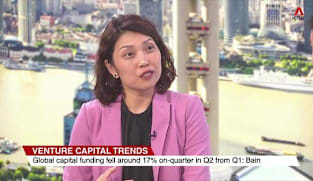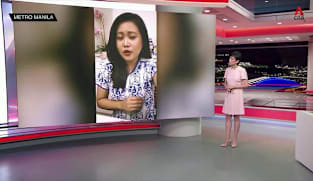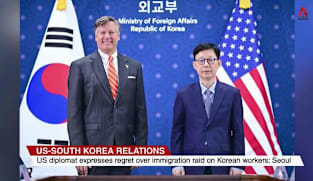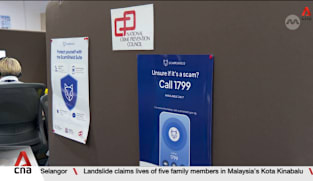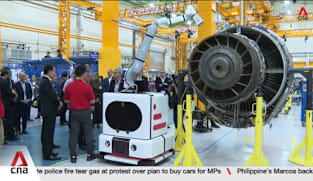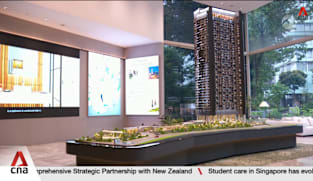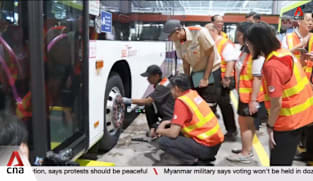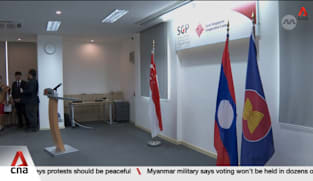Saktiandi Supaat on Energy Transition Measures and Other Amendments Bill
As Singapore seeks to decarbonise and also diversify to ensure its energy security, “it would seem quite impossible” to decrease prices and keep costs competitive, said MP Saktiandi Supaat in Parliament on Monday (Sep 9). He asked if Singaporeans and Singapore businesses should expect electricity prices to trend upwards in the near and medium term. Mr Saktiandi also asked about the proposed creation of a single entity to centralise gas procurement for the power sector. He asked who this entity will be and how it will be run and managed. As it will be “monopolistic” vis-a-vis power generation companies (gencos), how can the Government influence it to pursue non-profit maximising objectives? Citing free market theory, he questioned if it would be more efficient for gencos to seek the most competitive gas supplier and arrangement. He also suggested a possible contradiction in trying to aggregate demand and achieve economies of scale in procurement versus enhancing Singapore’s energy security by procuring from multiple diversified sources. Mr Saktiandi also wanted to know how the Energy Market Authority (EMA) will wield proposed new powers to recover the costs of providing new initiatives to strengthen energy security, develop a competitive market or support decarbonisation of the power sector. He also asked how key energy assets and infrastructure will be identified, in requiring their owners to obtain EMA’s approval before repurposing them.
As Singapore seeks to decarbonise and also diversify to ensure its energy security, “it would seem quite impossible” to decrease prices and keep costs competitive, said MP Saktiandi Supaat in Parliament on Monday (Sep 9). He asked if Singaporeans and Singapore businesses should expect electricity prices to trend upwards in the near and medium term. Mr Saktiandi also asked about the proposed creation of a single entity to centralise gas procurement for the power sector. He asked who this entity will be and how it will be run and managed. As it will be “monopolistic” vis-a-vis power generation companies (gencos), how can the Government influence it to pursue non-profit maximising objectives? Citing free market theory, he questioned if it would be more efficient for gencos to seek the most competitive gas supplier and arrangement. He also suggested a possible contradiction in trying to aggregate demand and achieve economies of scale in procurement versus enhancing Singapore’s energy security by procuring from multiple diversified sources. Mr Saktiandi also wanted to know how the Energy Market Authority (EMA) will wield proposed new powers to recover the costs of providing new initiatives to strengthen energy security, develop a competitive market or support decarbonisation of the power sector. He also asked how key energy assets and infrastructure will be identified, in requiring their owners to obtain EMA’s approval before repurposing them.









